Tunisian Opposition Leaders Imprisoned Amid Allegations of Terrorism Charges
- by Mohamed, Tunisia, RNG247
- about 8 months ago
- 154 views
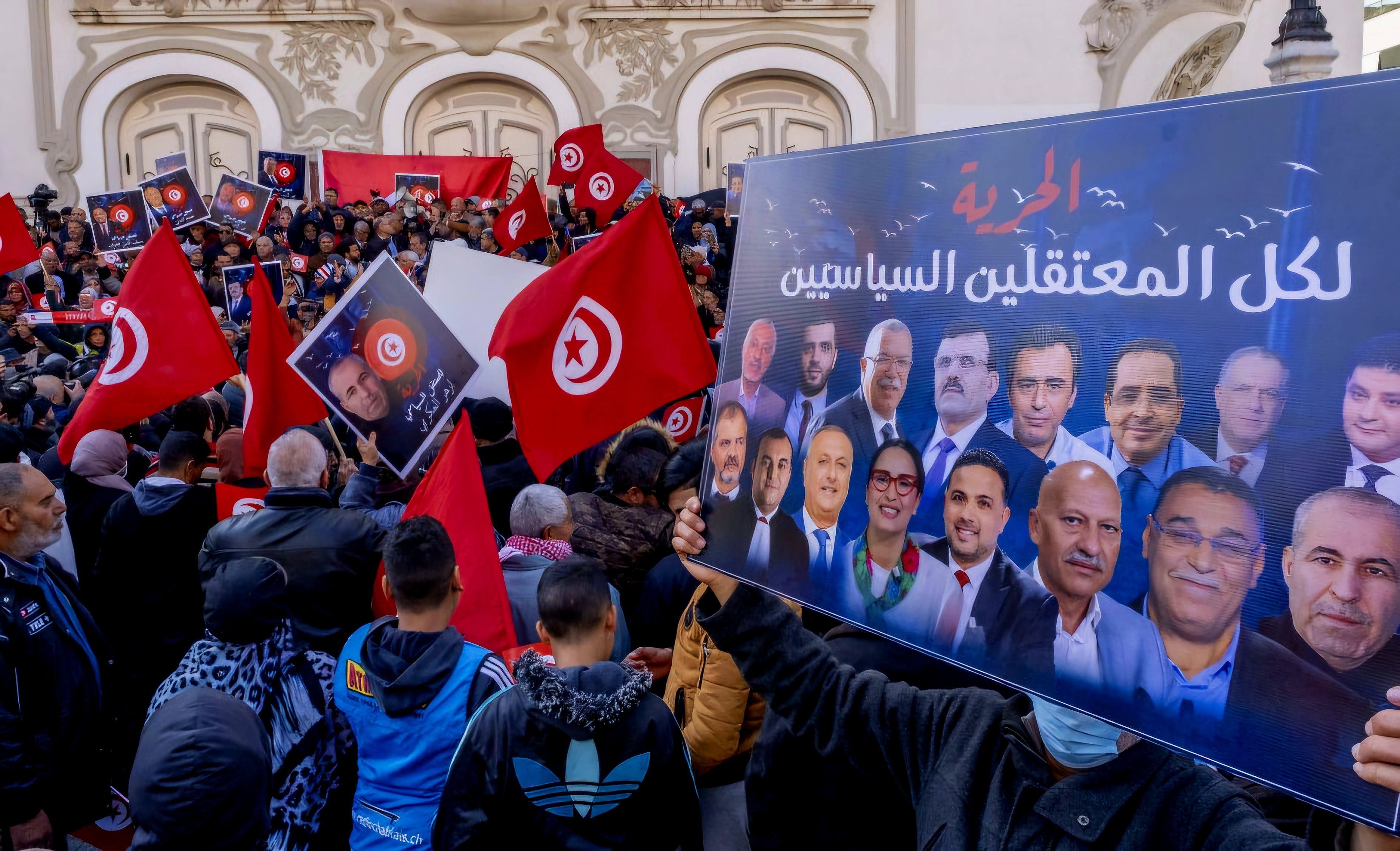
In a controversial ruling that has sent shockwaves throughout Tunisia and raised alarm among human rights advocates, a court has handed down lengthy prison sentences to a group of senior politicians, businessmen, and lawyers accused of conspiracy and terrorism. This sweeping crackdown on dissent comes as the nation grapples with a political climate increasingly characterized by repression.
The sentences, which range up to an astonishing 66 years, primarily target members of the National Salvation Front, Tunisia's main opposition coalition. These leaders, among others, were arrested in 2023 and subsequently charged with "conspiracy against state security" and "belonging to a terrorist group." A significant number of the accused, having fled the country, were tried in absentia, leaving their fate to the discretion of a court many observers deem compromised.
Among those sentenced is Issam Chebbi, a prominent leader of the National Salvation Front, along with colleague Jawhar Ben Mbarek, both of whom received 18-year terms. Activist and businessman Kamel Eltaief faced the harshest penalty, racking up a staggering 66 years in prison, according to reports by defense attorneys.
The trial has drawn fierce condemnation from human rights organizations, which argue that it represents a sinister attempt to silence political opposition in a country that was once heralded as the birthplace of the Arab Spring. Ahmed Souab, a defense lawyer closely watching the proceedings, condemned the trial as a "farce," noting that he has never encountered a legal process so transparently politically motivated. Fellow former minister Kamel Jendoubi, tried in absentia, expressed his disillusionment, asserting, "This is not a judiciary ruling, but a political decree executed by judges under orders."
Tunisian President Kais Saied has been at the center of escalating tensions in the country since he suspended parliament shortly after his election in 2019. His re-election last year was marred by the arrest of dissenters and potential political rivals, underscoring growing concerns about his authoritarian governance. While Saied portrays his actions as necessary steps to combat a "corrupt elite" and "traitors," critics argue that they signal a troubling decline in fundamental rights and freedoms.
This ruling represents the latest episode in a series of political events that have shaken Tunisia, a nation that ignited a wave of pro-democracy protests across the Arab world more than a decade ago. As discontent deepens, the question looms large: How far will the Tunisian government go to quell opposition and maintain control?





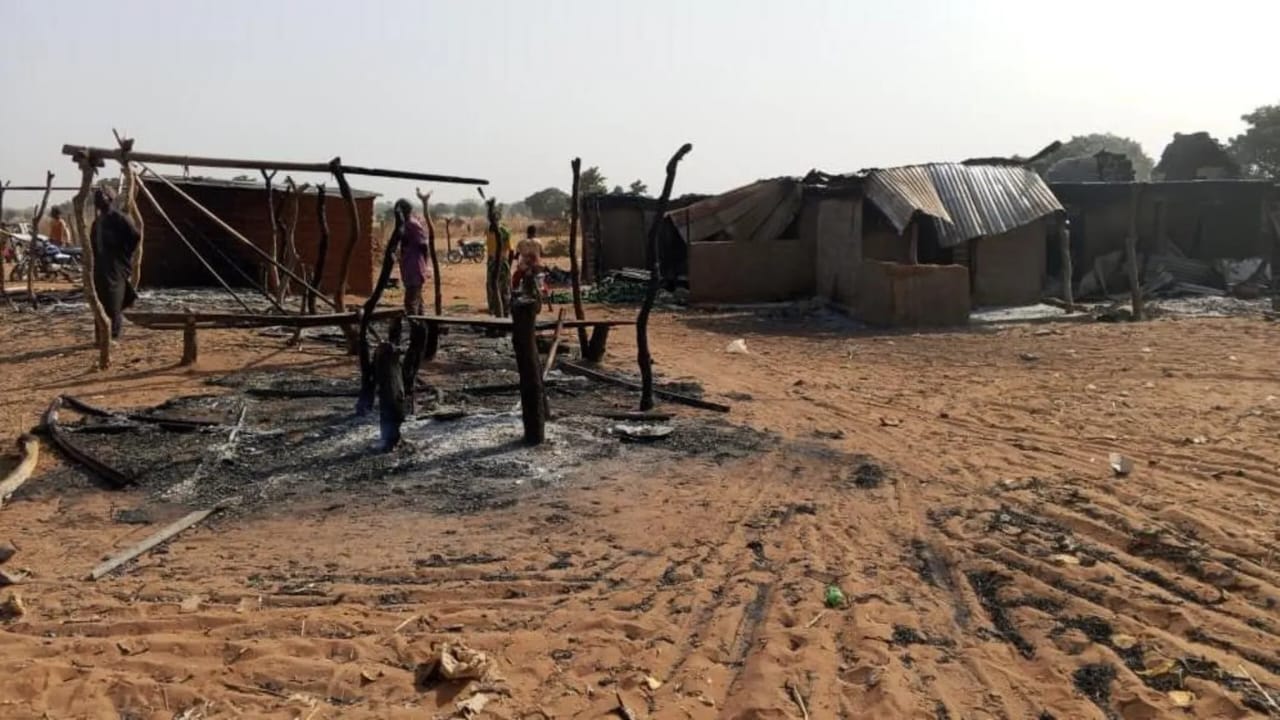
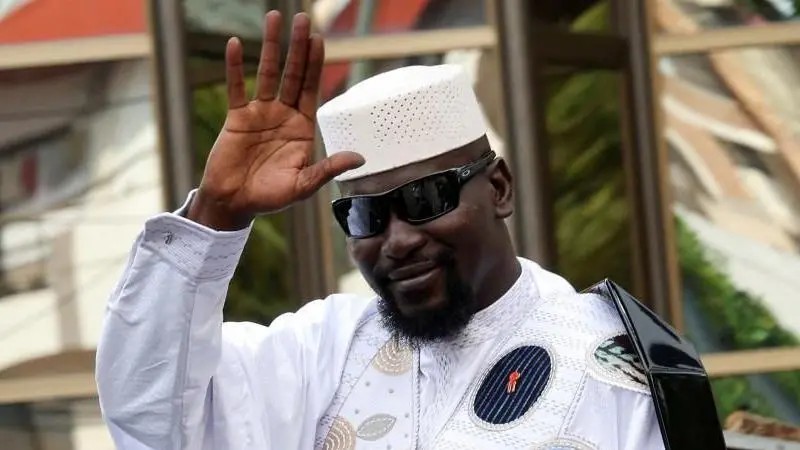
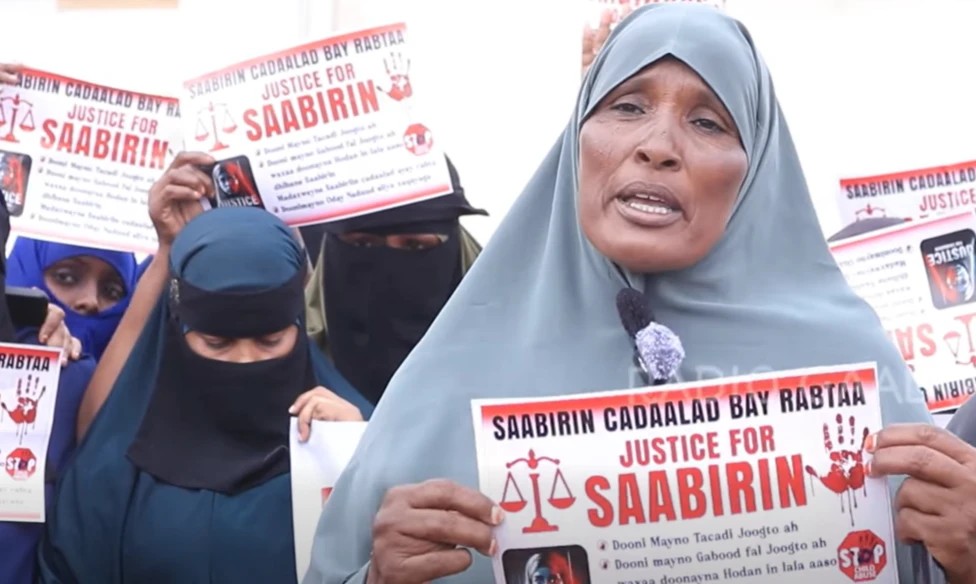



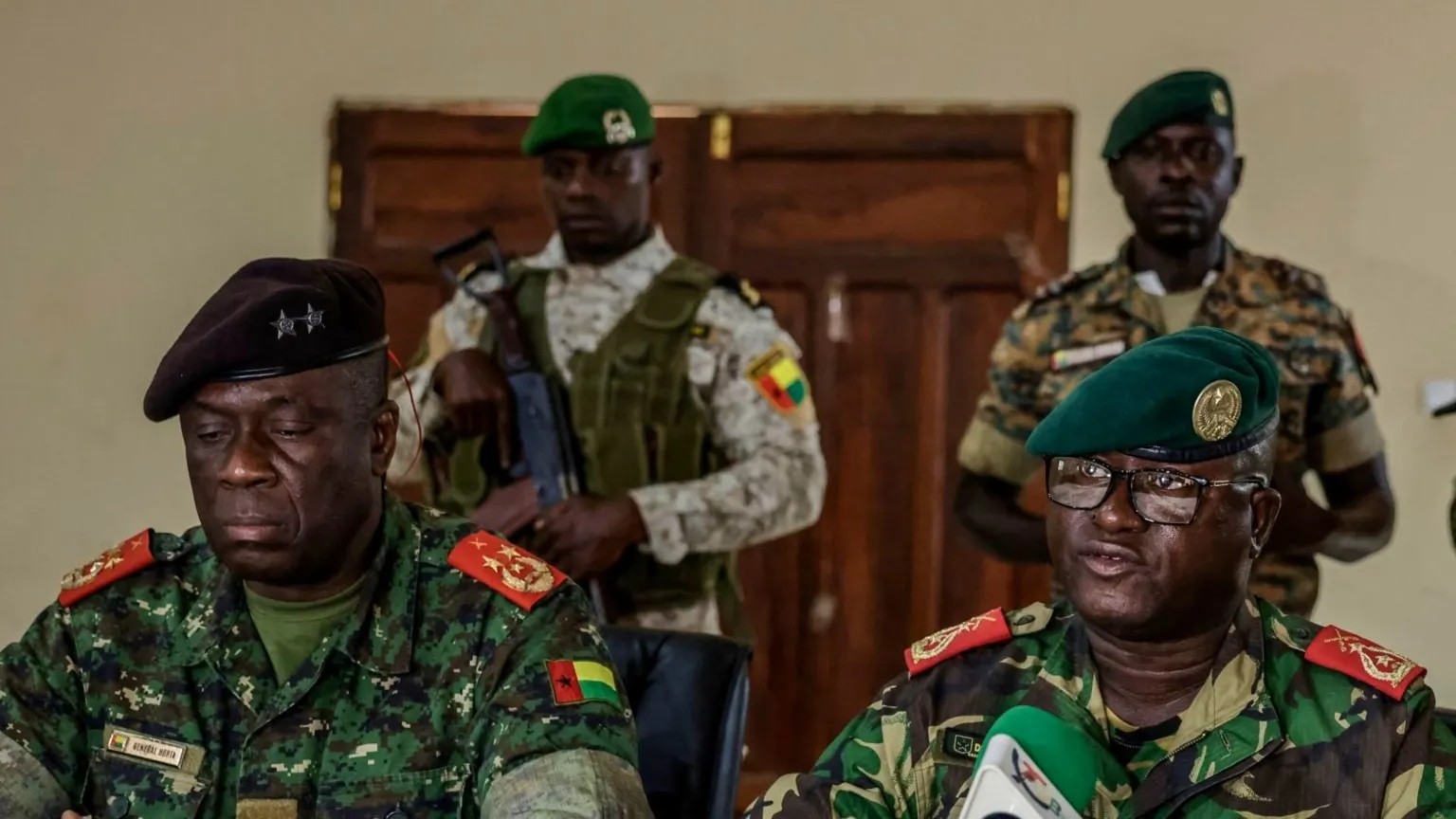
.jpg)
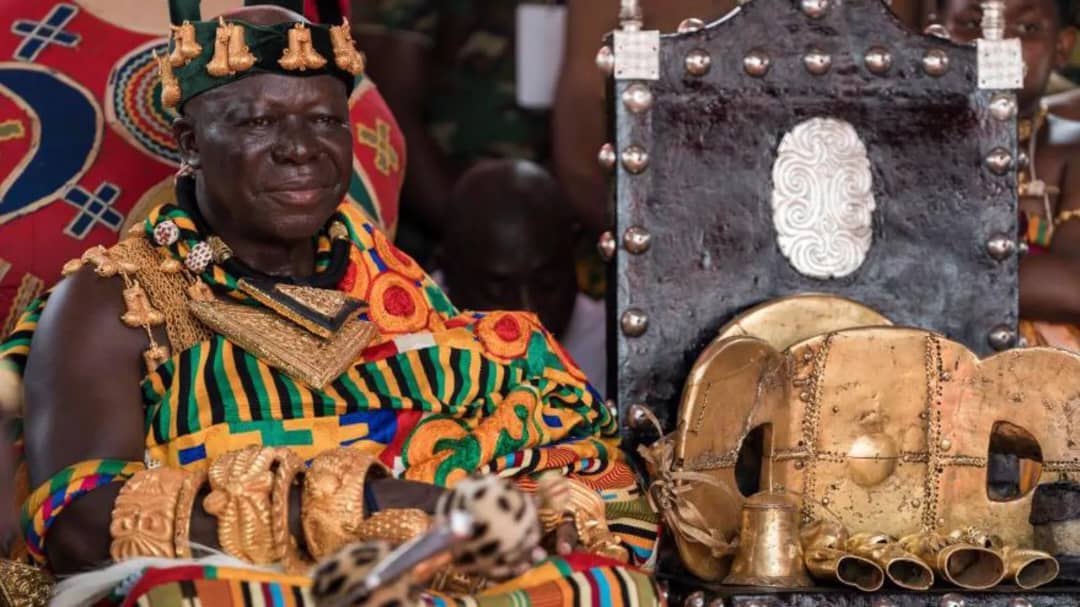


0 Comment(s)